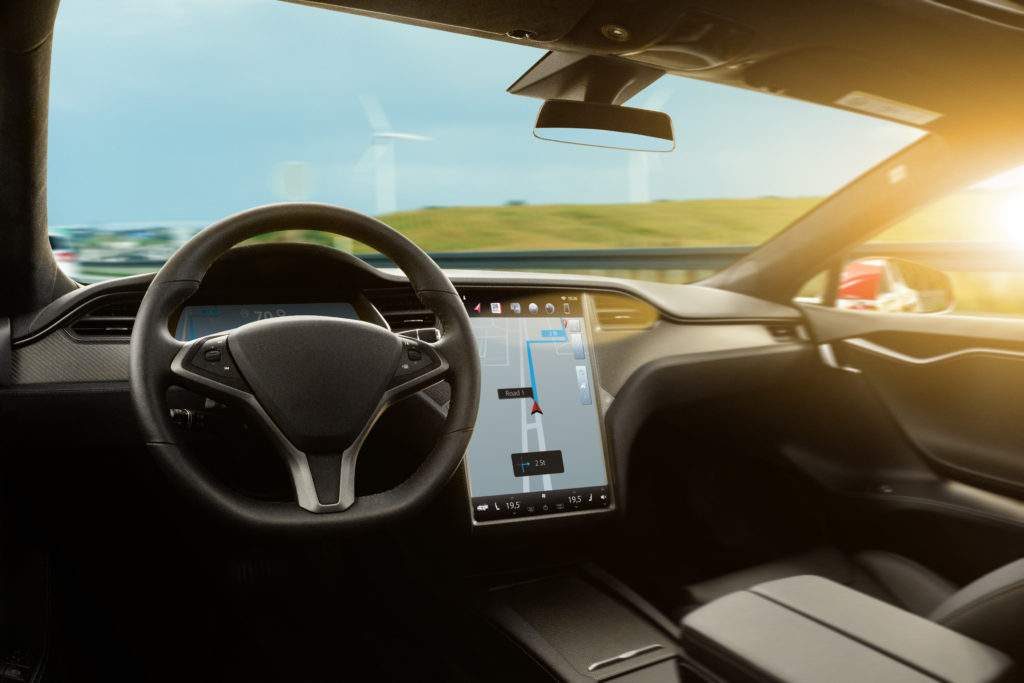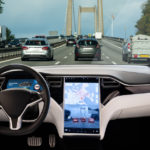It can’t be denied the future of transportation will eventually have space for driverless vehicles. As they say, it’s not a matter of if but when.
The Partners for Automated Vehicle Education (PAVE), a coalition of industry, academic, and nonprofit institutions lobbying for public education on the potential of automated vehicles and their technology, is one of the growing numbers of advocates for the said technology.
Earlier this year, PAVE conducted a poll to show how Americans feel about self-driving cars in general.
A total of 1,200 adults from all over the United States participated in the study. Based on the results, 3 out 4 or 75% of those surveyed think that the roads are not ready for driverless cars as of yet.

“Nearly three in four Americans say autonomous vehicles are not ready for primetime,” PAVE said about the poll. Moreover, 48% of the participants are saying they would never ride a self-driving taxi. Among the reasons they cite include unfamiliarity with the technology and confusion over the correct definition of a “driverless car.”
The results show that the bigger challenge for automakers working on the development of automated cars lies in how the public perceives their products and the technology as a whole.
Aside from claims that driverless vehicles “are not ready for primetime,” 34% of the respondents also say that “the advantages of AVs outweigh any potential disadvantages.”
Now, before anyone claims that the results were somehow affected by the negative publicity surrounding driverless technology, the group notes that the survey respondents knew “nothing at all” or only “a little” about the controversial Uber-Tempe crash that cost the life of a pedestrian.
If anything, the coalition sees the results are a product of the respondents not trusting the technology because of a lack of understanding.
So, if automakers really want to push through with a driverless future on America’s roads, it might help if they channel their efforts in educating people more about the technology.
Any information provided on this Website is for informational purposes only and is not intended to replace consultation with a professional mechanic. The accuracy and timeliness of the information may change from the time of publication.

















